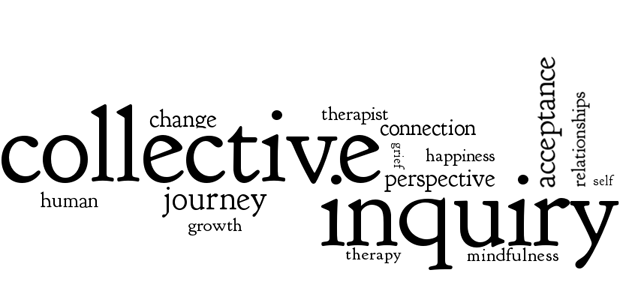

Shame is an unbelievably powerful force. It can cause us to avoid situations and people. It is a powerful, demanding, and terrifying master. It can also disguise itself so that it’s bearer doesn’t recognize it. So often it is confused with guilt or appears to be pride. Maybe what causes our shame is a life-long repeated event, maybe it was a one-time action, maybe it was the actions of others–any way it comes, the results are the same. It feels like an unending fight. Sometimes we can pull ourselves up immediately, sometimes it takes a lot of time. It is exhausting. It comes at unexpected and intrusive moments. It is dark. It is painful. It is fear.
In my last post I wrote about the first part of the antidote to shame: humility. The second part is empathy.
Empathy is often misunderstood. It’s not agreeing with someone’s actions. It’s not feeling sorry for them. I believe it actually goes a bit beyond imagining what it is like being in someone else’s shoes. The best that I’ve heard it described is by Susan Johnson, who referred to empathy as resonating with another person. I imagine it like this. If you have two wine glasses by each other and begin running your finger along the rim of one, it will start to hum. The one next to it will also begin to vibrate, not as strongly, but it vibrates all the same. This is how empathy works. When I am with someone who is telling me of a situation and they are experiencing emotions, those emotions evoke feelings in me as well. They may not be as strong, as I was not the one to live the experience, but they are there. These are the moments I crave in life–to have that level of emotional resonance with another person.
The challenge is allowing someone to resonate like that with us. This requires humility. It requires courage to break shame’s cardinal rule: you have to tell someone. The silence has to be broken. For some, shame or the events that caused it may already be well-known; for others it is the deepest, darkest secret. The challenge is, the silence has to be broken with someone who will empathize, or there is the risk of maintaing the shame, or the very worst–increase it. It has to be with someone you trust.
For so long I hoped to be able to overcome shame on my own. After some time, I began to suspect and then knew that it would take a deep level of empathy from someone to form the second part of the antidote to shame. I resisted against the idea. While being able to resonate with others is powerful, to have someone resonate with you has a powerful healing effect and completes the process of overcoming shame. Thankfully, I recently experienced this in my life, and it happened out of the blue. Years of living under the shadow and commands of shame was removed by one powerful empathetic experience with my wife. The events leading up to it seemed to be well-placed to not only make it happen, but to make sure that it happened with a resonating empathy. It feels good to be free.
This was my path: humility to recognize that I am not above human failings, and then receiving empathy. Other’s mileage may differ and this again is where it is helpful to have someone walk the journey with you–a trusted friend or therapist. It is possible to live without shame. And this is coming from someone who is a self-proclaimed shame-machine.
What effect does another’s empathy for you have on you? How do you have empathy for another?
Share your thoughts
2 Thoughts About Perspectives on shame, Part II